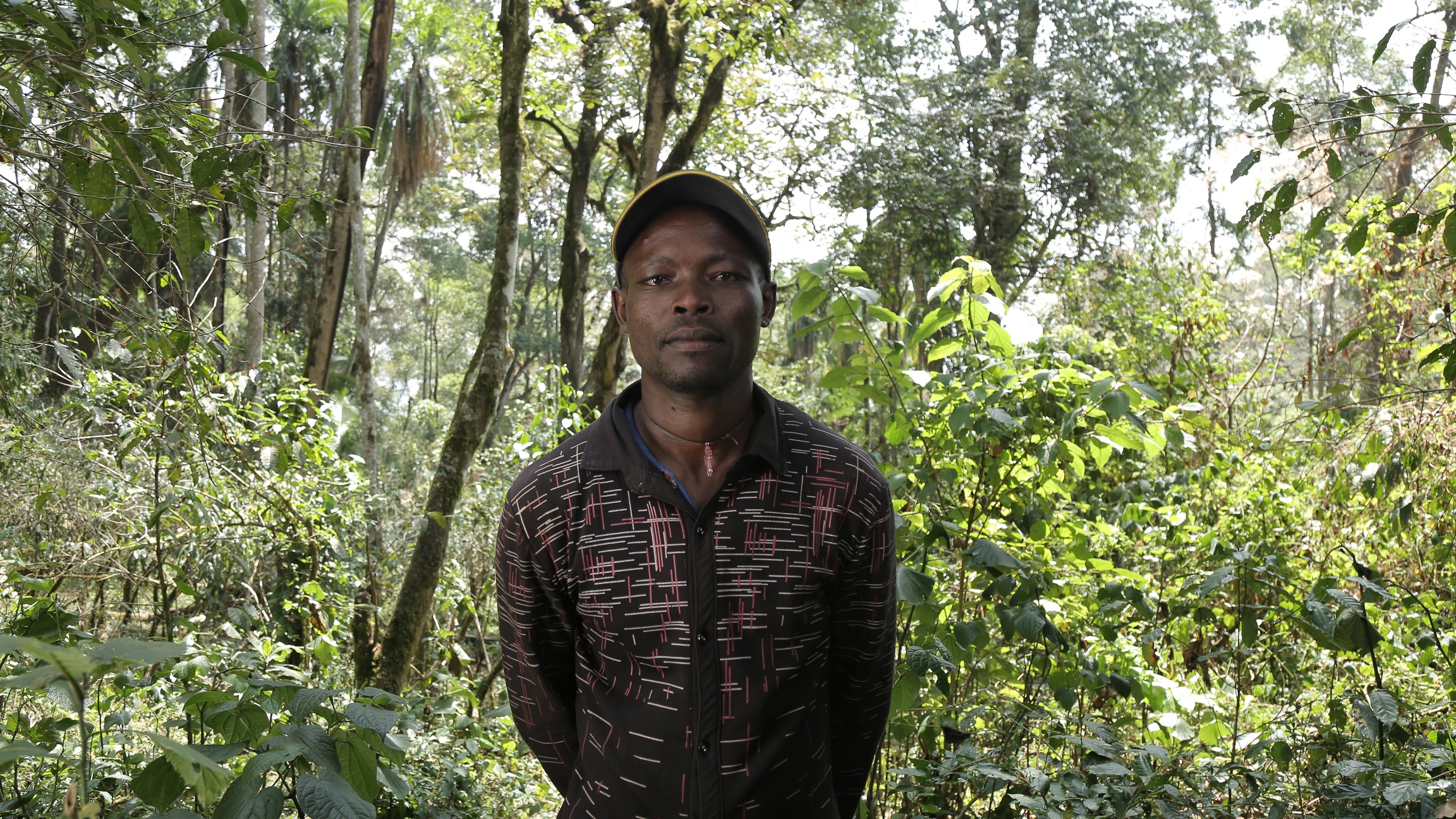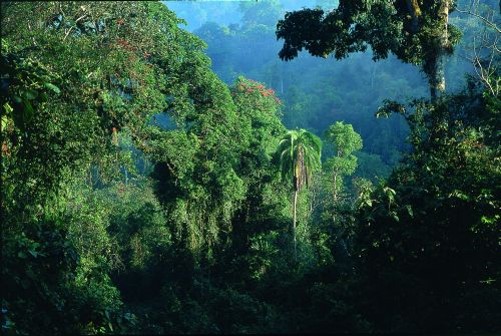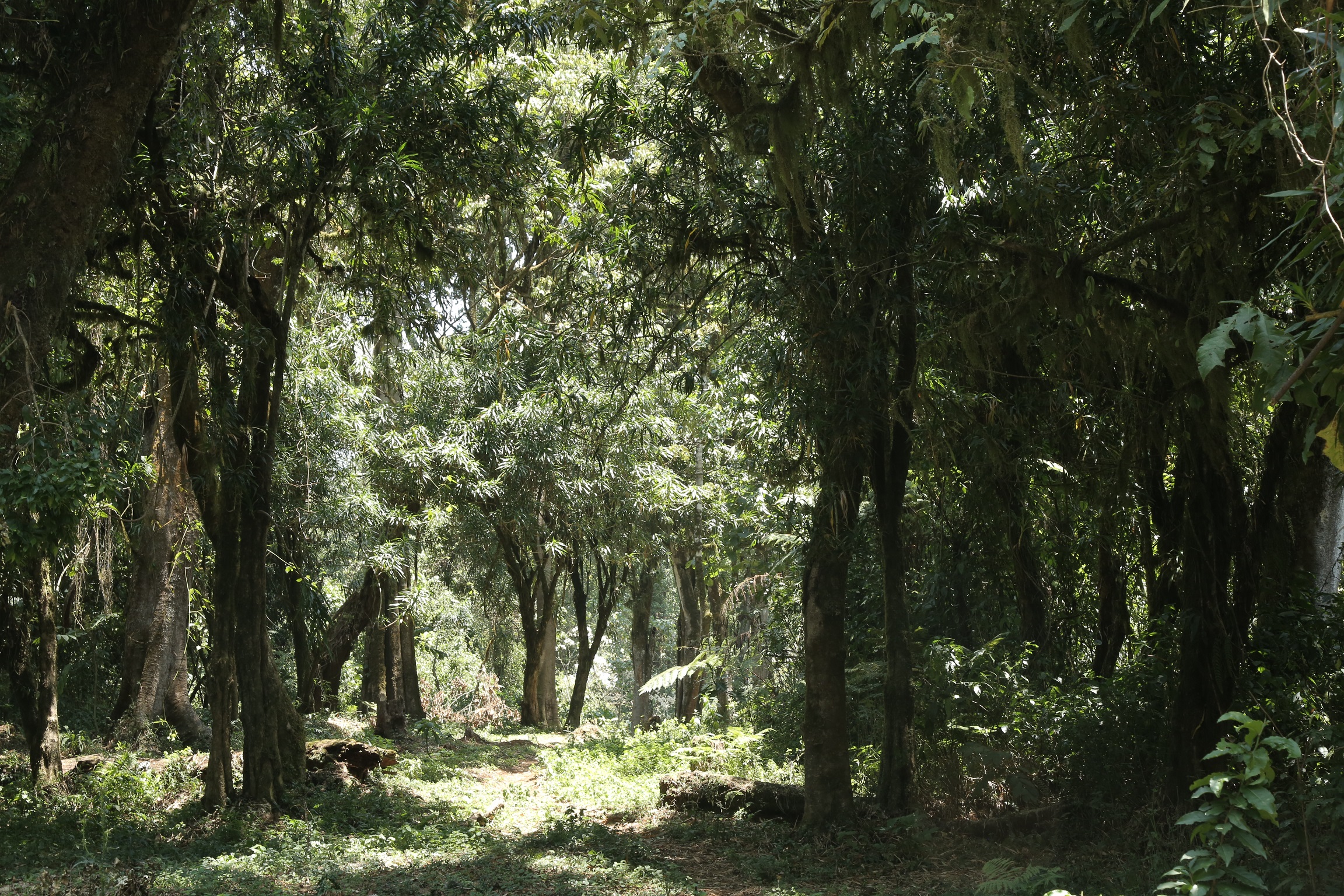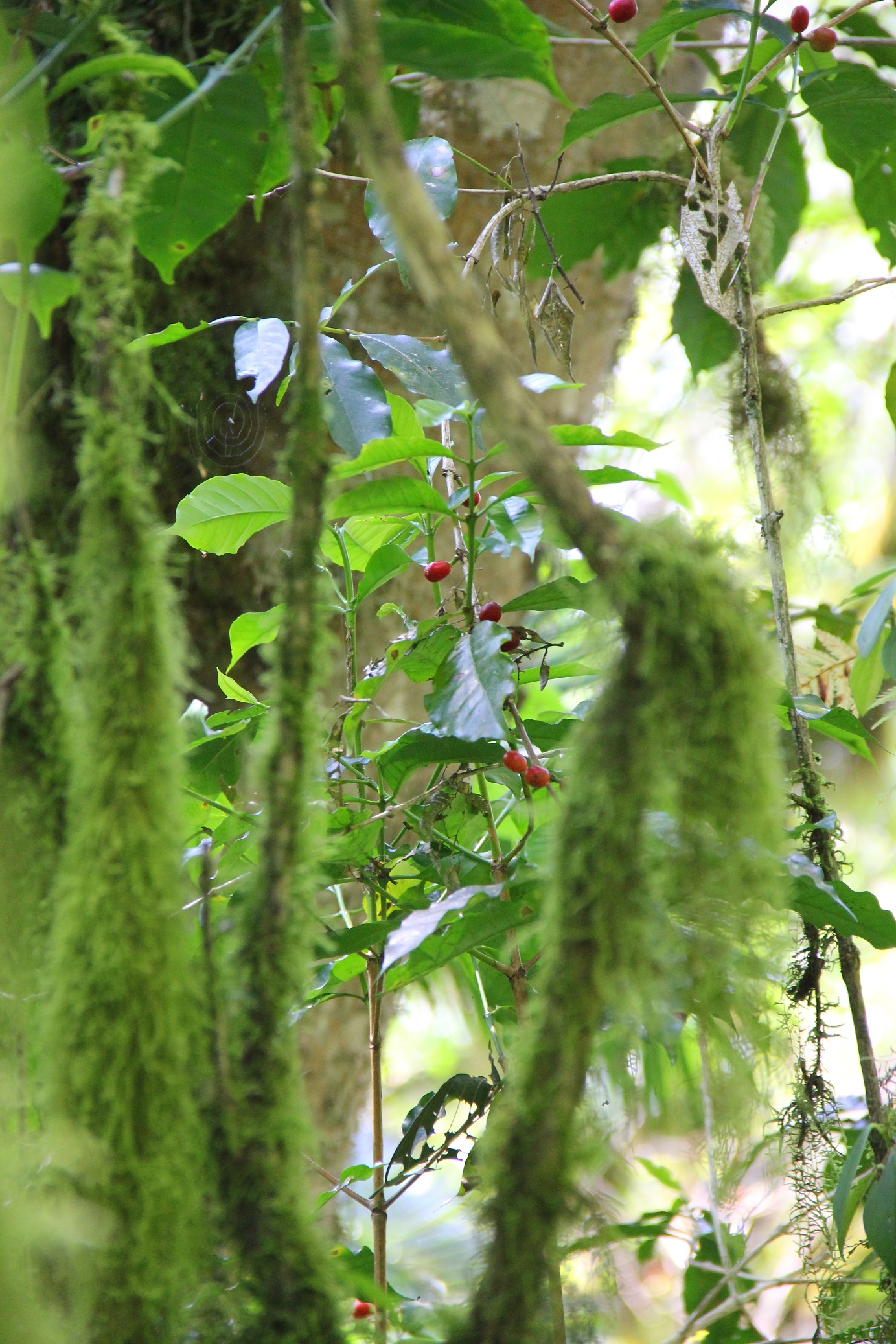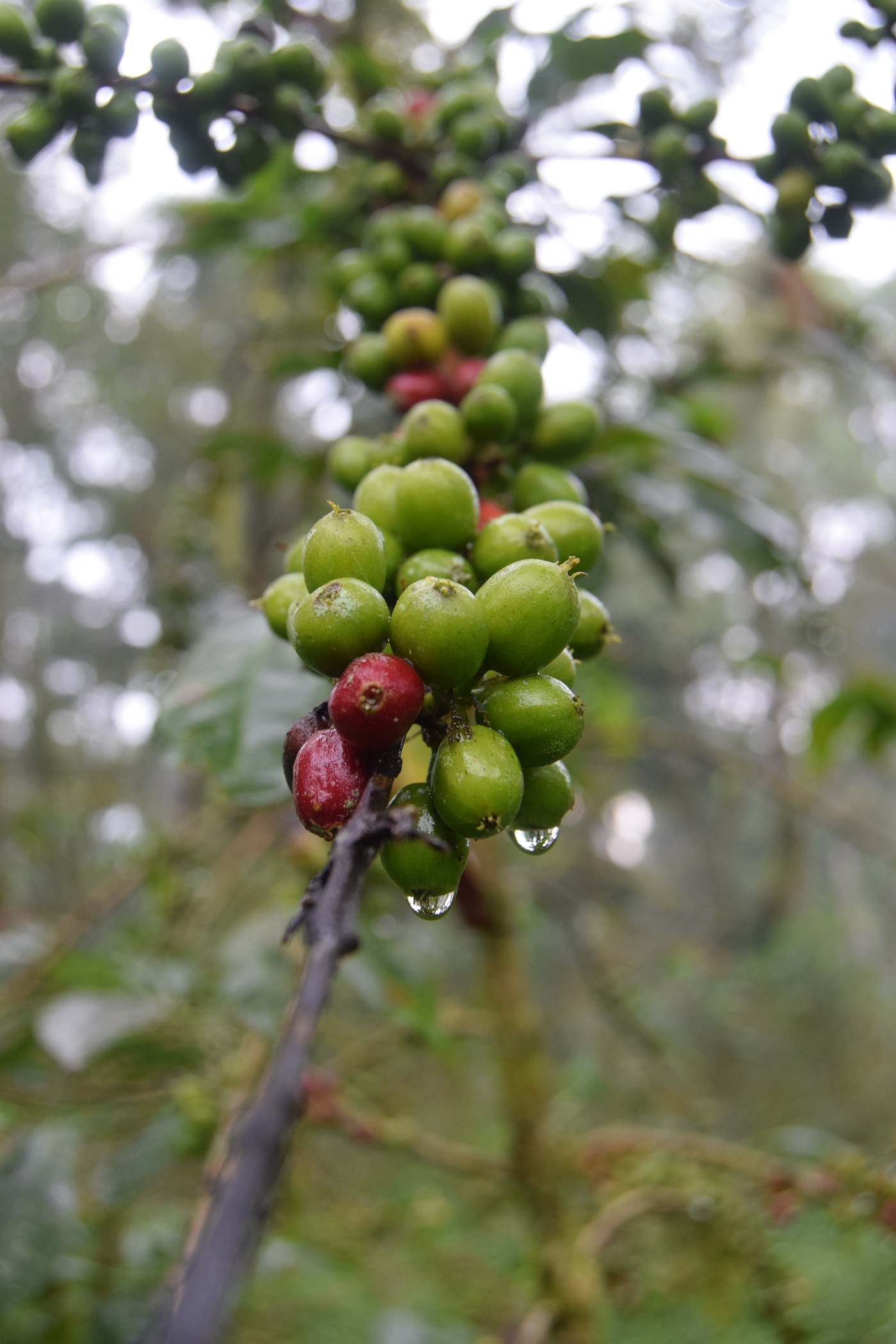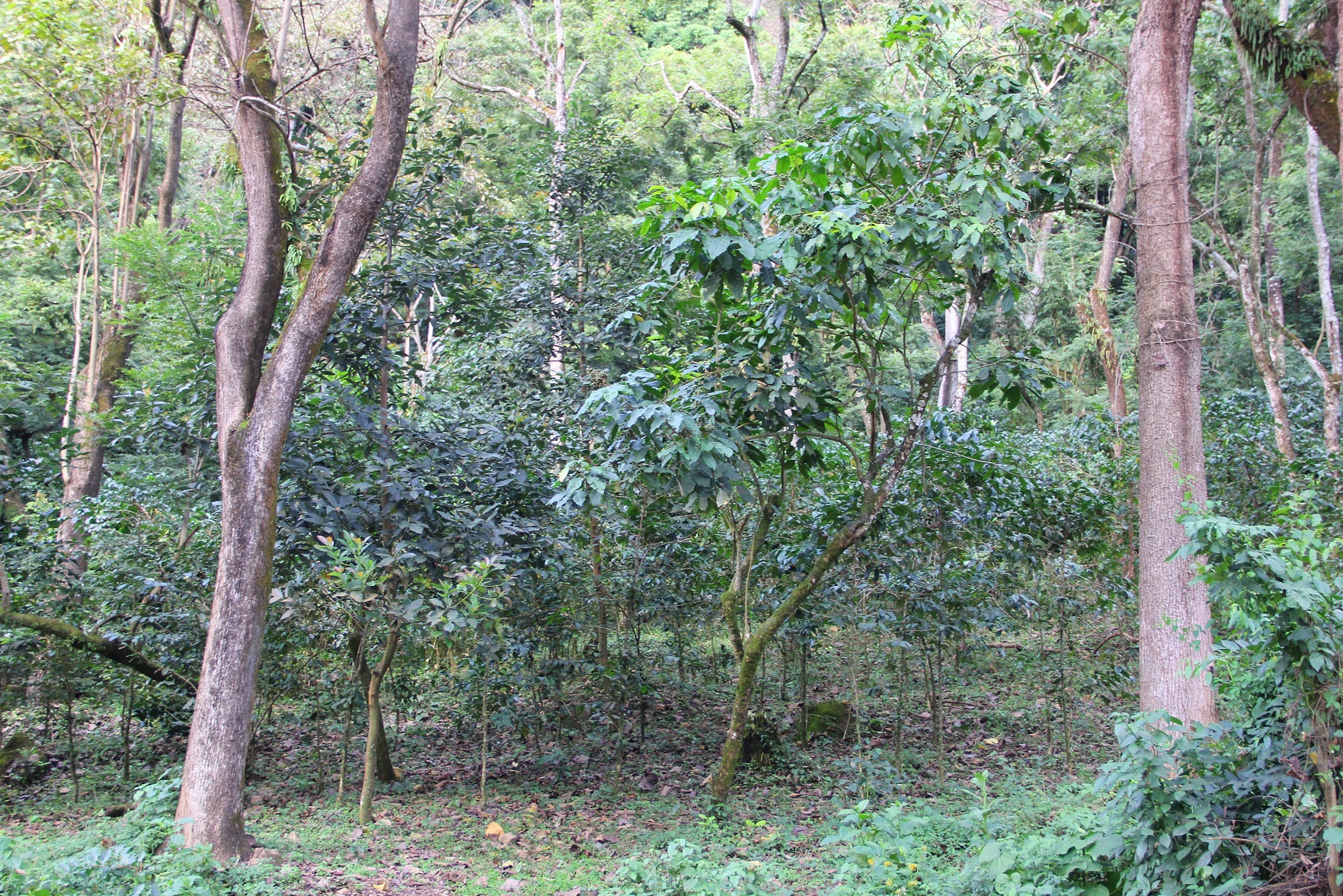Protection and sustainable management of forests
Cooperative member
GIZ/Ethiopia
Natural Forest in Biosphere Reserve
GIZ-DeveloPPP
Wild coffee forest
GIZ/Ethiopia
Wild coffee in forest of Kafa
GIZ/Ethiopia
Wild coffee in forest of Kafa
GIZ/Ethiopia
Coffee forest in the Biosphere Reserve
GIZ/Ethiopia
The protection and sustainable management of forests within the biosphere reserve was accompanied by the active promotion of Participatory Forest Management (PFM) and integration of PFM user groups into the trade with wild coffee and honey. The following activities were conducted:
- Implement Participatory Forest Management in the region with the help of local authorities
- Record data on activities of NGOs active in the environmental sector in the regions Kafa, Sheka, Bench Maji, Yayu. Identify possible partners for the upscaling of the coffee & honey value chain
- Establish cooperation with Biosphere reserve authorities to strengthen PFM support within BR boundaries
- Assess the existing PFM user groups, analysing and recording their potential to supply wild coffee and honey and their administrative structures.
- Select existing best performing PFM user groups in wild coffee collection and honey processing.
The conservation aspect through the PFM aims at the sustainable use of the natural resource base and contributes as such to the preservation of biodiversity in one of the 34 internationally identified “biodiversity hotspots”.
- Forest establishment and conservation, sustainable forest management and landscape rehabilitation is a national priority
- National guidelines on participatory forest management (PFM) have been put in place
- Kafa and Sheka received biosphere reserve status in 2009, a legal basis for protecting & managing forests
- Exchange visits between biosphere reserves to learn and identify PFM options
- Partnerships with other projects (e.g. GIZ and FarmAfrica) supporting biosphere reserves and PFM
- Participatory Forest Management was introduced and proofed to be a useful tool for collaboration, co-management and benefit sharing of forest resources
- Participation and ownership of local people in sustainable, long-term management of forests has been remarkably demonstrated at field level; communities invested time and labour, they participated in the planning process leading to empowered, legalized and derived benefits from the intervention approaches
- Members of other cooperatives, who are not members of PFM groups still access forest area in the reserves; as their access is traditionally secured through the hereditary system, working with and training these cooperatives also contributed to forest protection even if not under the umbrella of the PFM system
- For multi-stakeholder commitment within sustainable forest management system, government institutions need further strengthening to facilitate administrative support and conflict resolutions
